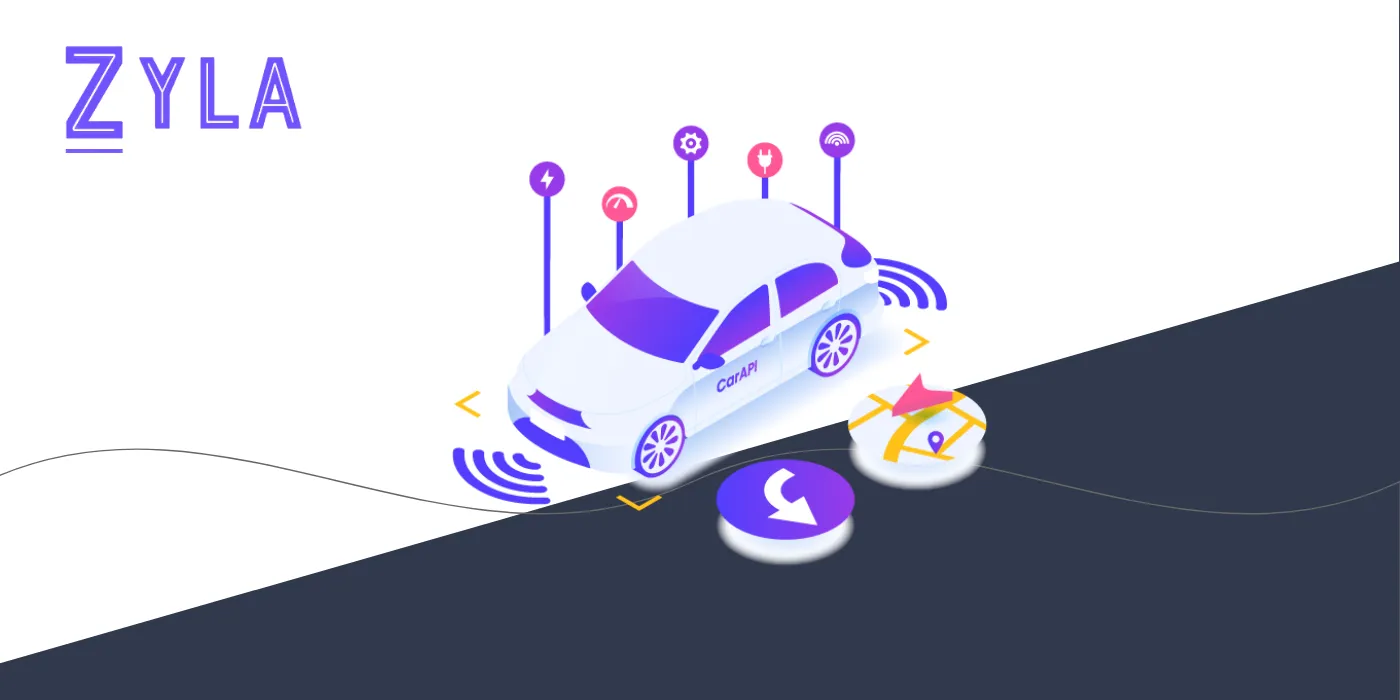Cars APIs For Developers: Discover Top Automotive APIs

In today's digital age, where connectivity and integration are paramount, Application Programming Interfaces (APIs) play a crucial role in facilitating seamless communication between different software systems. For developers in the automotive industry, leveraging Cars APIs can significantly enhance the functionality and appeal of their applications. Whether you're building a vehicle tracking system, a maintenance scheduler, or an innovative automotive marketplace, integrating the right APIs can streamline development and improve user experience.
Why Use Cars APIs?
Cars APIs offer developers access to a wealth of data and functionality that would otherwise be challenging and time-consuming to gather independently. By integrating these APIs into their applications, developers can:
- Access Comprehensive Vehicle Data: From basic vehicle information such as make, model, and year to more detailed specifications like mileage, fuel efficiency, and VIN decoding, Cars APIs provide a vast repository of data.
- Enhance User Experience: By integrating APIs that offer features like real-time vehicle location tracking, predictive maintenance alerts, and even remote vehicle control capabilities, developers can create applications that provide immense value to users.
- Streamline Development: Instead of reinventing the wheel by developing functionalities from scratch, APIs allow developers to focus on core features of their applications, thereby reducing development time and costs.
Top Automotive APIs to Explore
Let's explore some of the leading Cars APIs that developers can integrate into their projects:
1. VIN Decoder API
A Vehicle Identification Number (VIN) Decoder API is essential for developers looking to retrieve detailed information about specific vehicles. By simply inputting a VIN, developers can access data such as the manufacturer, model year, engine type, and more. This API is invaluable for applications dealing with vehicle sales, insurance, and maintenance history tracking.
2. Fuel Efficiency Data API
For applications focusing on eco-friendly driving or fuel cost optimization, integrating a Fuel Efficiency Data API is crucial. This API provides access to fuel consumption rates, CO2 emissions data, and other metrics that can help users make informed decisions about their driving habits and vehicle usage.
3. Real-Time GPS Tracking API
Real-Time GPS Tracking APIs enable developers to incorporate live location tracking of vehicles into their applications. Whether it's for fleet management, ride-sharing services, or stolen vehicle recovery systems, this API allows developers to provide accurate location information to users in real-time.
4. Maintenance Schedule API
Ensuring timely maintenance is essential for vehicle longevity and performance. A Maintenance Schedule API offers developers access to manufacturer-recommended service intervals based on specific vehicle models and mileage. By integrating this API, developers can remind users of upcoming maintenance tasks, improving vehicle reliability and safety.
5. Vehicle Market Data API
Developers looking to create applications for buying and selling vehicles can benefit from integrating a Vehicle Market Data API. This API provides insights into market trends, pricing data, and vehicle availability across different regions. By leveraging this information, developers can offer users a comprehensive platform for vehicle transactions.
How Developers Can Integrate Cars APIs
Integrating Cars APIs into applications is a straightforward process that typically involves these key steps:
- Choose the Right API: Select an API that best aligns with the functionalities and data requirements of your application.
- Register and Obtain API Key: Most APIs require developers to register and obtain an API key for authentication purposes.
- Understand API Documentation: Familiarize yourself with the API documentation provided by the API provider. This documentation outlines endpoints, parameters, and response formats essential for integrating the API effectively.
- Implement API Calls: Use HTTP requests (such as GET, POST) to fetch data from the API endpoints within your application code.
- Handle Responses: Process the API responses within your application logic to extract and display relevant information to users.
Conclusion
In conclusion, Cars APIs offer developers a powerful toolkit to enhance their automotive-related applications. Whether you're building a vehicle management system, a car rental platform, or an innovative automotive marketplace, integrating the right APIs can unlock a wealth of functionalities and data. By leveraging APIs for VIN decoding, fuel efficiency tracking, real-time GPS location services, maintenance scheduling, and vehicle market insights, developers can streamline development, improve user experience, and create applications that stand out in the competitive automotive technology landscape.






